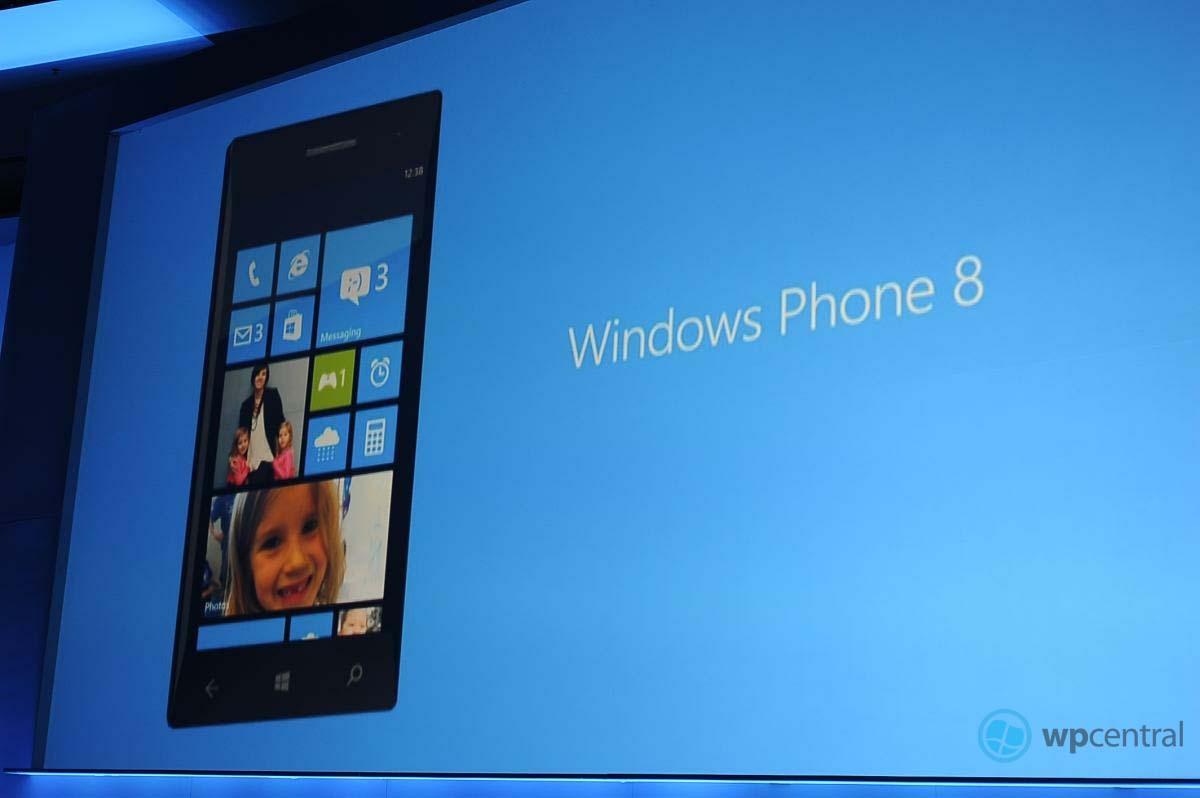
The battle between mobile platforms over the past several years has been pretty intense to say the least. From the now popular Android to the fallen webOS, we know that time has been kind to some and not-so-kind to others. For some, like Microsoft’s Windows Phone platform, time has neither been brutal nor kind. Windows Phone has been pretty stable since its inception back in 2010.
I stay “stable” in the kindest way possible. While Windows Phone’s market share has been increasing over the years, it has been doing so at a snail’s pace. Still, up is up, and although Windows Phone is sitting at less than 3 percent of the market presently some have predicted that Windows Phone will be somewhere around the 10 percent mark by the end of 2018.
Of course, predictions are just predictions and aren’t written in stone. If you asked anybody in 2006 where they thought BlackBerry would be four years from then you would have probably received nothing but a positive outlook. In all reality, four years later BlackBerry was facing the beginning of the end as marked by the 9 percent drop in market share in just one year due to the rise of Android and the success of iOS. It just goes to show that you really can’t predict the future.
Windows Phone is a slightly different story than BlackBerry, though. BlackBerry was once extremely successful, whereas Windows Phone has never been anywhere near as successful as the other three platforms on the market. Many point to the lack of applications available on the Windows Phone Store compared to Android’s Google Play or the Apple App Store, but it could also stem from lack of support from manufacturers as well. For whatever reason, Windows Phone has just never struck it rich in this industry - yet, it still manages to thrive. Following the phrase “It’s not over ‘til it’s over,” might be a wise choice at this point.
I will say I don’t see Windows Phone picking up unless Windows Phone 9 - what I predict to be the next really big update for the platform in the next couple of years - can really wow us. Windows Phone 8 brought some great changes from Windows Phone 7, and Windows Phone 8.1 will bring even more good things to the table. All good news, but at the end of the day Windows Phone is still a long way from catching up to Android or iOS, and I think a lot of things are going to need to change in order for it to even have a sliver of a chance of beating either iOS or Android.
I do hope that something big comes along for Windows Phone, because there are a lot of things to like about it so far. It’s kind of like how I felt about webOS. I saw a lot of potential in the platform, it was just never developed to its true prime before it was dropped. Windows Phone is doing well, but it could do a lot better I think. Personally, I think the most simple first step to take would be to get Google and Microsoft together and figure out how to get Google’s services on Windows Phone. I can honestly say that I’m not sure where iOS would be today if Apple wasn’t allowed to use Google services, and I think this might be one of the biggest places where Windows Phone falls short. That’s just me, though.
All in all, do I think that Windows Phone can ever catch up to iOS or Android? I think it’s possible for Windows Phone to pass iOS in the forseeable future, but I’m not so sure about ever passing Android, but I suppose anything is possible.
What are your thoughts on the future of Windows Phone, readers? What would it take for you to be interested in Windows Phone? Let us know in the comments below!
Images via WP Central, Digital Trends